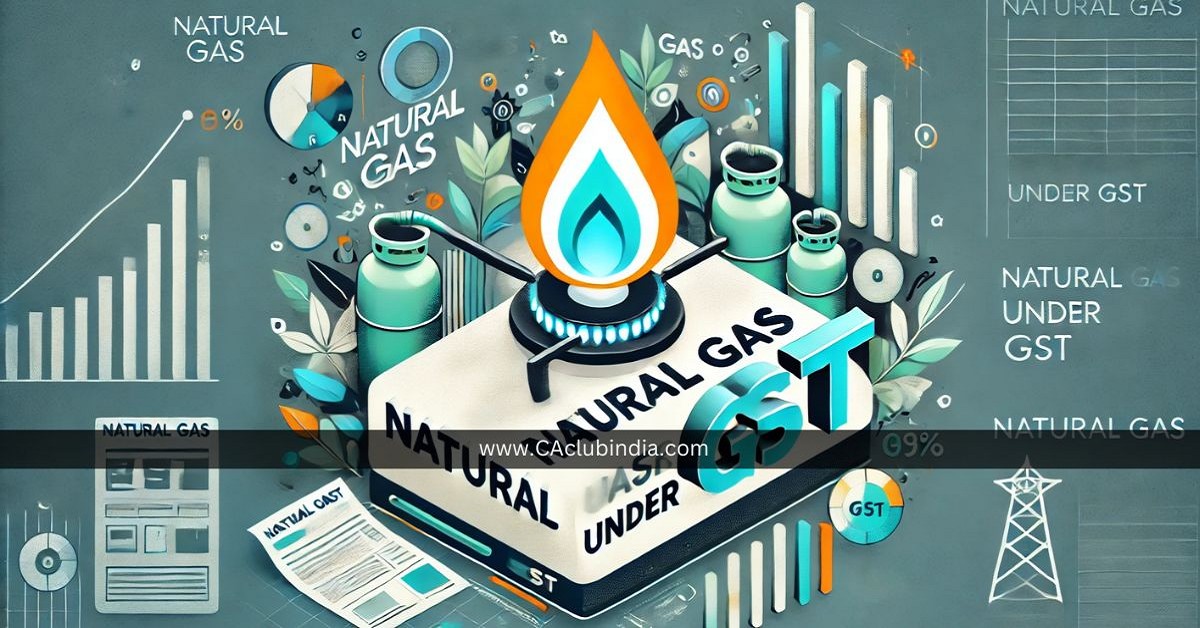The Ministry of Petroleum and Natural Gas has proposed including natural gas in the Goods and Services Tax (GST) framework, a move aimed at streamlining taxation and benefiting key industries like fertilizers and steel. The recommendation has been forwarded to the Ministry of Finance, but it remains uncertain whether this will feature in the agenda for the GST Council's next meeting, scheduled for December 20 in Jaisalmer, according to an official source.

Current Taxation Challenges
Natural gas is presently subject to central excise duty and state-level value-added tax (VAT), creating a dual taxation structure that complicates compliance for businesses. Companies in industries that rely on natural gas face broken input tax credit chains, as GST applies to all other goods and services used in their operations.
Long-Standing Industry Demand
The demand to bring natural gas, along with crude oil, petrol, diesel, and aviation turbine fuel (ATF), under GST has been longstanding. However, such a transition requires consensus among state governments, as the GST Council’s approval hinges on their agreement.
The inclusion of natural gas could pave the way for similar reforms for other petroleum products, setting a precedent for integrating these commodities into the GST framework.
Upcoming GST Council Meeting Agenda
The GST Council’s December meeting is expected to address other pressing issues, including tax rate cuts on life and health insurance products and GST rate rationalization. However, no confirmation has been made regarding the inclusion of natural gas in the agenda.
Queries sent to the GST Council, the Finance Ministry and the Petroleum Ministry for clarification remained unanswered at the time of publishing.





 CAclubindia
CAclubindia

